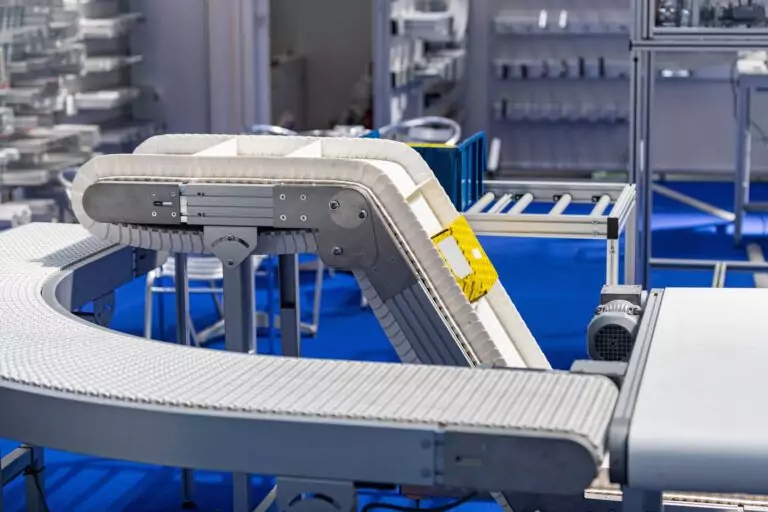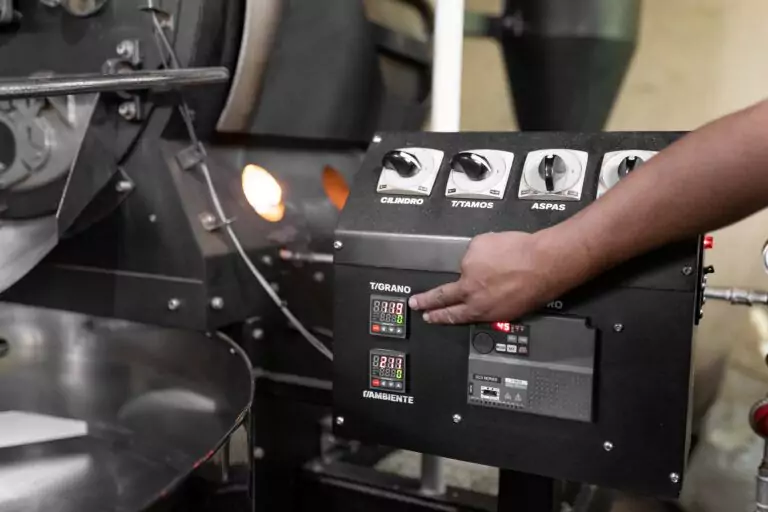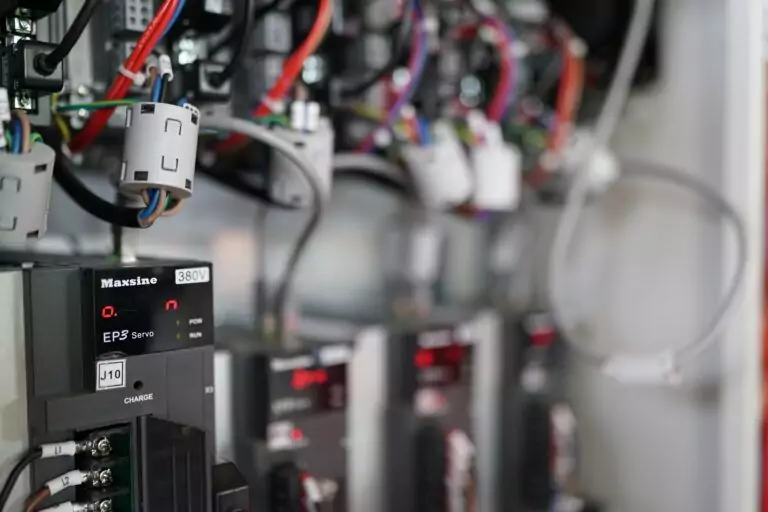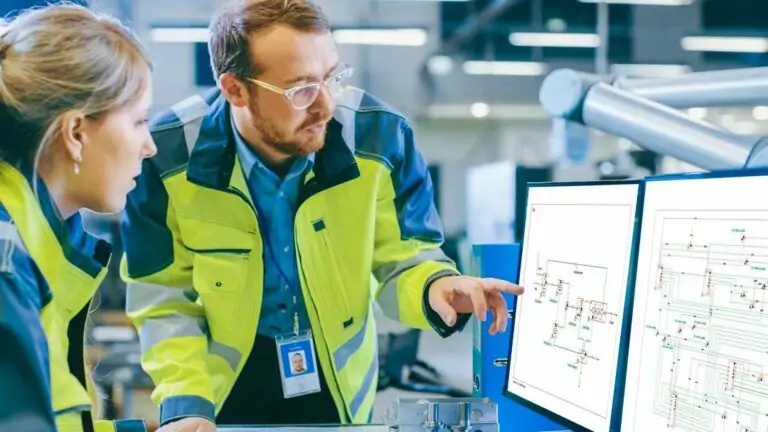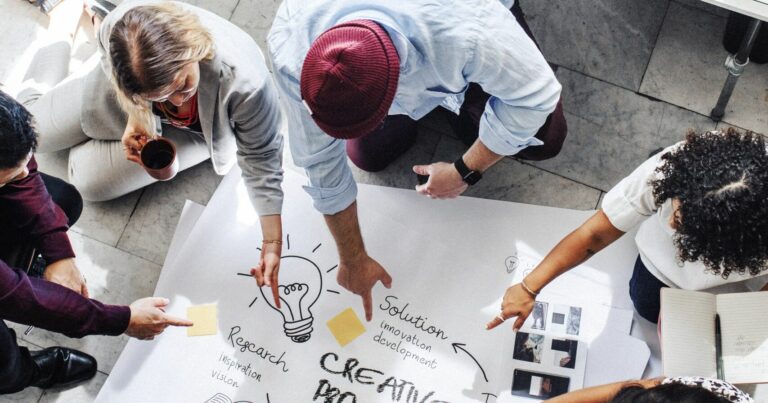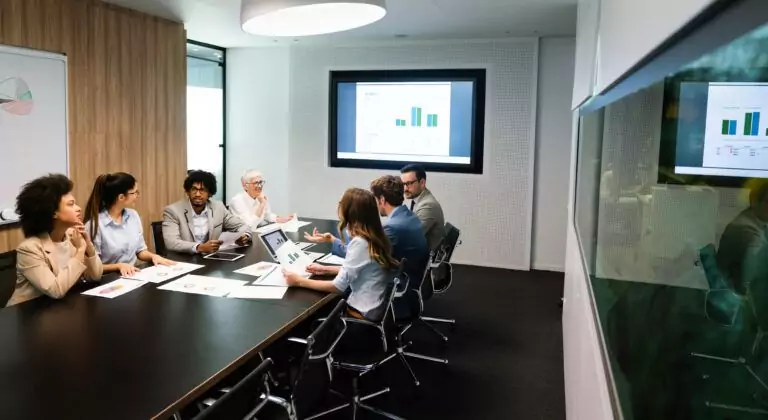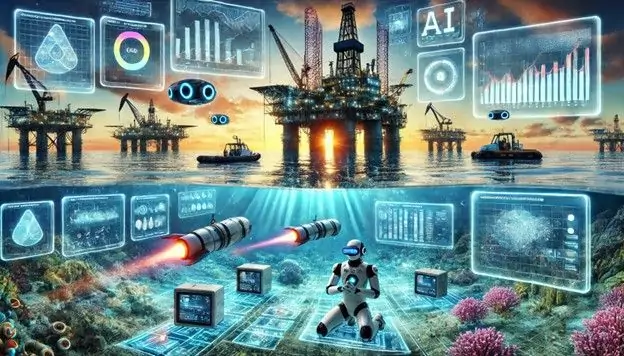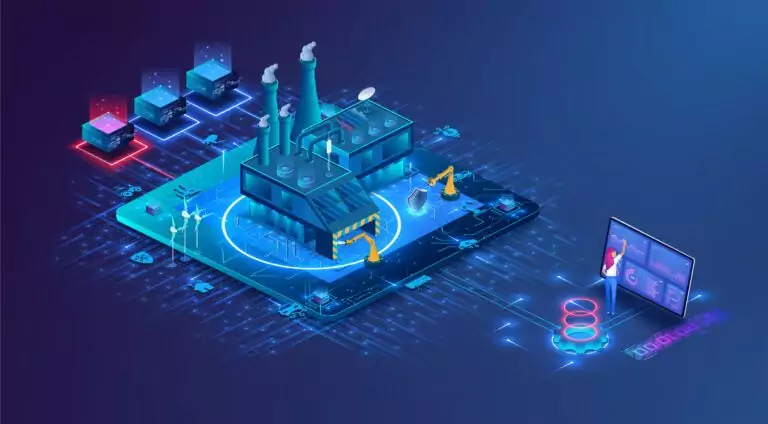Credit: https://www.freepik.com/free-photo/earth-environment_8668094.htm
As we head into 2024, developing Cleantech is no longer an option but a necessity for many firms large and small.
Last year, U.S. President Joe Biden significantly pushed Cleantech in the Inflation Reduction Act and the Chips and Science Act.
By offering an estimated $400 billion in tax credits and subsidies, the two laws were designed to spur the development of U.S. Cleantech.
Industries across the U.S. responded — with the Financial Times reporting that $224 billion worth of Cleantech and semiconductor manufacturing projects were announced between August 2022 and 2023.
These projects, which include major strides in electric vehicles, batteries, and solar and wind energy, are estimated to create 100,000 jobs. But to reach their goal, industries must leverage the support of high quality engineering consultants.
What Does the Cleantech Push Include?

Credit: https://www.freepik.com/free-photo/wind-turbines-farmland_1329893.htm
CleanTech often refers to the development and innovation of products, technologies, and business models that work within — but are not limited to — these categories:
- Renewable energy: Innovation in the generation and transmission of fossil fuel-free energy
- Pollution prevention: Improving technologies that reduce greenhouse emissions and improve waste management systems
- Energy efficiency: Finding solutions to make the most of energy consumption
- Clean transportation: The development of electric and hybrid vehicles, as well as innovation in infrastructure to allow for reduced emissions
- Water technologies: Leveraging the latest technologies, including artificial intelligence and Internet of Things, to improve water quality and treatment
- Green building and construction: Creating new systems and practices to reduce the emissions associated with traditional construction and building practices
So far, the U.S. has raised more funding for CleanTech than any other country, with California home to the largest number of CleanTech startups.
Canada, meanwhile, is the second most represented country in the Global Cleantech 100, the third largest producer of hydroelectricity, and is home to 20 percent of the world’s large-scale carbon capture and storage facilities.
How Quality Engineering Can Supercharge Cleantech Projects
Now that we’ve taken a little glimpse into the scope of Cleantech in North America, let’s dive into the role engineering consultants will play. According to a report quoted in the Financial Times, one of the biggest challenges Cleantech projects will face this decade is the need for one million computer scientists and engineers.
But what makes engineering consultants so critical to Cleantech?
Project Management
Engineering consultants leverage their expertise and knowledge to help Cleantech companies develop project execution plans. Whether it’s coordination, scheduling, or progress reporting, engineers ensure that projects are well-designed and cost-effective.
Engineering consultants may also develop project procurement software that aid in the purchase of sustainable goods and services. This includes procuring green technology and fuels, energy-efficient systems, and recyclable products.
Through a comprehensive assessment plan, they can assess the practicality of renewable energy options while taking resource availability and technical requirements into account. Furthermore, through rigorous risk assessments, they also help ensure the long-term viability and sustainability of a project.
This unique combination of project management and engineering expertise is, for instance, greatly beneficial in the design and implementation of carbon capture and storage projects. Over 100 CCS facilities are in the construction and development stage in North America today, each of which requires a high amount of technical assistance.
Technological Innovation
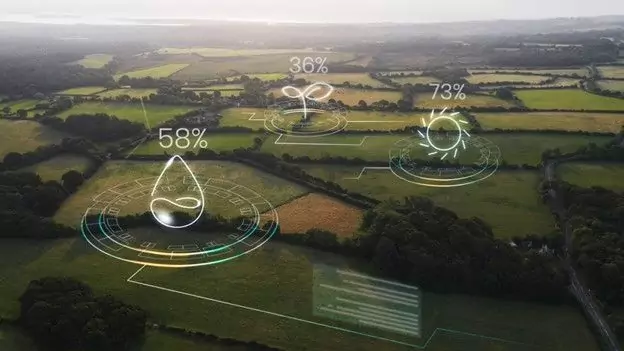
Credit: https://www.freepik.com/free-photo/smart-farming-with-agriculture-iot_17121960.htm
Multi-discipline engineering consultants play a big role in developing new technologies, as well as optimizing existing designs.
Consultants leverage the most modern technology to offer solutions for the most complex engineering challenges, simplify the digital transformation of industrial assets, and streamline system integration for digital project executionDigital project execution (DPE) is a project management methodology that uses a data-centric approach to reduce project total-install-cost a.... This is done following consultation with all stakeholders on a projects – both internal and external.
Digital Twins
Digital twinning is an example of such technology.
This virtual model collects real-time data to monitor operations. It has already proven to be a game-changer for oil and gas companies, helping them become more productive, efficient, and, hence, more sustainable.
Digital twinning has also shown promise in bringing down the costs of Hydrogen extraction, which is increasingly being seen as the green energy source of the future.
Single-Source-of-Truth
Digital engineering consultants can help a company organize its data into a single-source-of-truth, which ensures that everyone in an organization bases decisions on the same data. This data management system has shown promise in helping develop ESG reports — which a Cleantech company can use to identify risks and opportunities and, hence, make more environmentally-friendly decisions.
These are just a couple of examples of the techniques that engineering consultants implement to help companies maximize performance. Leveraging an engineering consultant’s expertise in artificial intelligence, machine learning, and IoT systems also helps Cleantech projects be more efficient and sustainable.
System Design
Design engineering consultants can help Cleantech companies design systems that use resources more optimally. Using their expertise and knowledge, engineering consultants can be called upon to enhance energy efficiency, optimize renewable energy systems, design sustainable infrastructure, and implement smart grid technologies.
Regulatory and Compliance
The expertise of an engineering consultant also extends to a deep understanding of regulatory frameworks. While developing a Cleantech project, companies must comply with numerous regulations governing green energy projects.
When looking at construction in the energy sector, for instance, this expertise allows companies to navigate the permit approval process, reduce delays, and benefit from more knowledge of building codes and regulations.
Apart from these essential functions, engineering consultants can develop safety meeting topics to ensure that Cleantech companies maintain strict safety standards while identifying potential hazards and dealing with these red flags at a nascent stage.
Conclusion
As companies in North America continue to embrace Cleantech in the years to come, the role of engineering consultants cannot be understated. Whether it’s about digital infrastructure, system design, or efficient project management, multi-discipline engineering consultants are essential to overcoming both minor and major challenges.
Only when Cleantech companies leverage the expertise of engineering consultants in designing new products and optimizing existing infrastructure can we say that we’re making the most of this green revolution.
Looking for Engineering Consultants for a Green Project?
Vista Projects is an integrated engineeringThe process of integrated engineering involves multiple engineering disciplines working in conjunction with other project disciplines to e... and system integration services firm that can assist with your Cleantech projects. With offices in Calgary, Alberta, Houston, Texas, and Muscat, Oman, we help clients with customized system integration and engineering consulting across all core disciplines. Contact us today!

